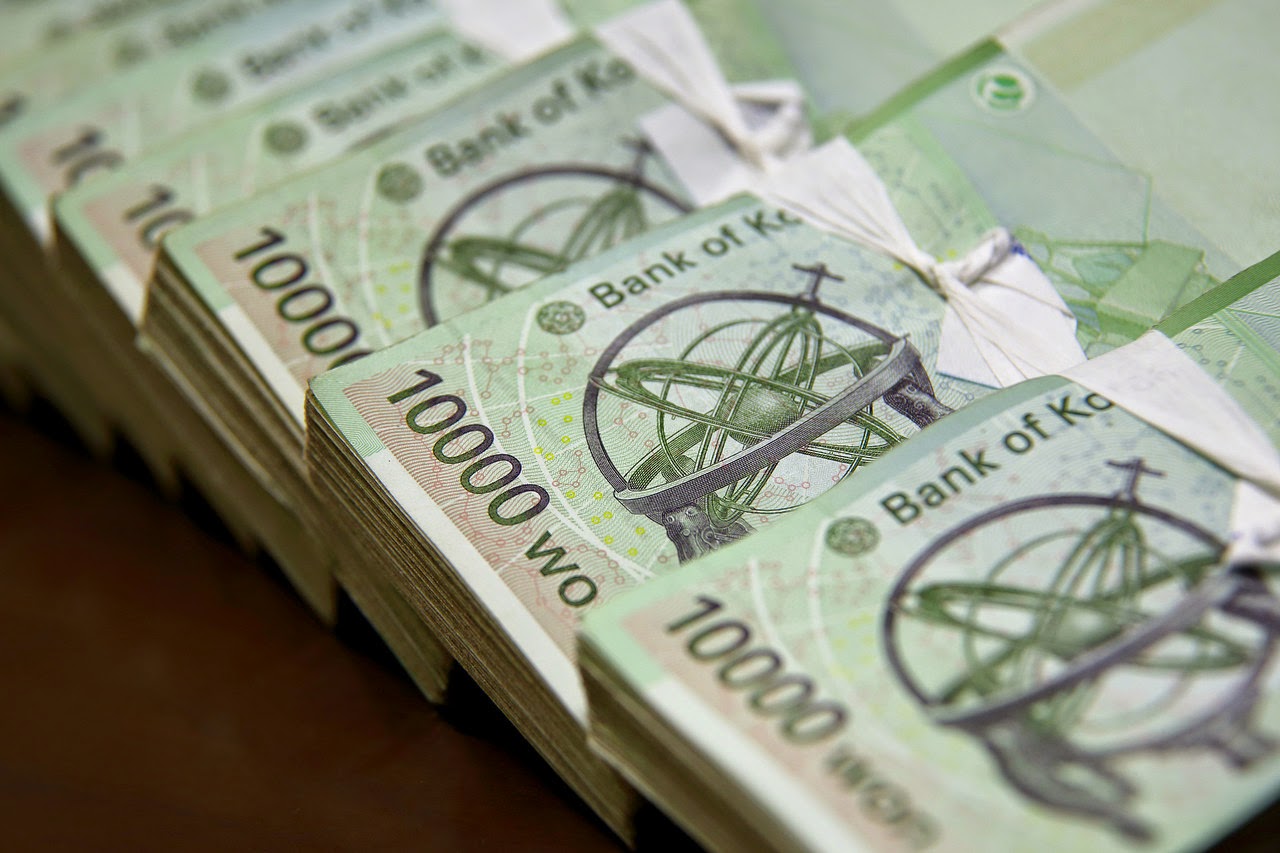Heard on the Street
Japan Turns Tables on Korea Inc.
By Aaron Back
Dec. 11, 2014 6:14 a.m. ET
The Bank of Japan’s swelling stimulus is also swelling the problems for Korea Inc.
South Korean companies burst into the global spotlight in recent years. Sleek design and clever marketing of Samsung smartphones and Hyundai cars was part of it. But so was the phenomenal boost from the Korean won’s collapse against the Japanese yen.
The won plunged a massive 42% against the yen during the financial crisis as the Japanese currency became an investor safe haven. The won stayed cheap through 2012, giving Korean companies a wide margin to undercut rivals.
Now the tables are turning against the Koreans. The won is up 40% against the yen over the last two years on the Bank of Japan’s money printing, bringing the currencies’ exchange rate back to precrisis levels. Korea’s central bank has cut interest rates twice this year, partly on concerns over the weak yen. It kept rates unchanged Thursday, but Bank of Korea Gov. Lee Ju-yeol again flagged risks from yen depreciation.
Korean giants such as Samsung Electronics and Hyundai Motor are already feeling the heat. It could get worse. Measurements of export prices show Japanese companies have so far largely refrained from cutting prices, preferring instead to earn better profits as overseas earnings are converted into yen.
But the latest leg down in the yen, since the BOJ’s surprise easing in late October, could give Japanese companies new room to lower prices and take share. Prime Minister Shinzo Abe ’s expected re-election on Sunday means an activist central bank and weaker yen are here to stay.
Even if they don’t slash product prices, Japanese companies will be able to plow higher profits into better products. Nomura analyst Angela Hong says Japanese auto makers are already cramming better features into models, making them more competitive against Korean rivals at similar price points.
Hyundai’s market share in the U.S. fell to 4.4% so far this year from 5.1% in 2011, according to MotorIntelligence.com The flagship Sonata sedan has seen disappointing sales since a revamped version made its debut earlier this year.
In electronics, companies such as Samsung and LG Electronics may have taken permanent ground from Japanese rivals in smartphones and other consumer products. But the market for components such as chips, displays and image sensors remains competitive and highly price-sensitive. Exchange rates will matter.
Having lost the crutch of the weak won, Korea’s exporters will need to up their game on quality and efficiency. Whether they like it or not, a new, leaner era is dawning for corporate Korea.
Home
»
Currencies
»
Currency Wars
»
Japan
»
Korea
» JAPAN TURNS TABLES ON KORE INC. / THE WALL STREET JOURNAL
domingo, 14 de diciembre de 2014
Suscribirse a:
Enviar comentarios (Atom)


0 comments:
Publicar un comentario